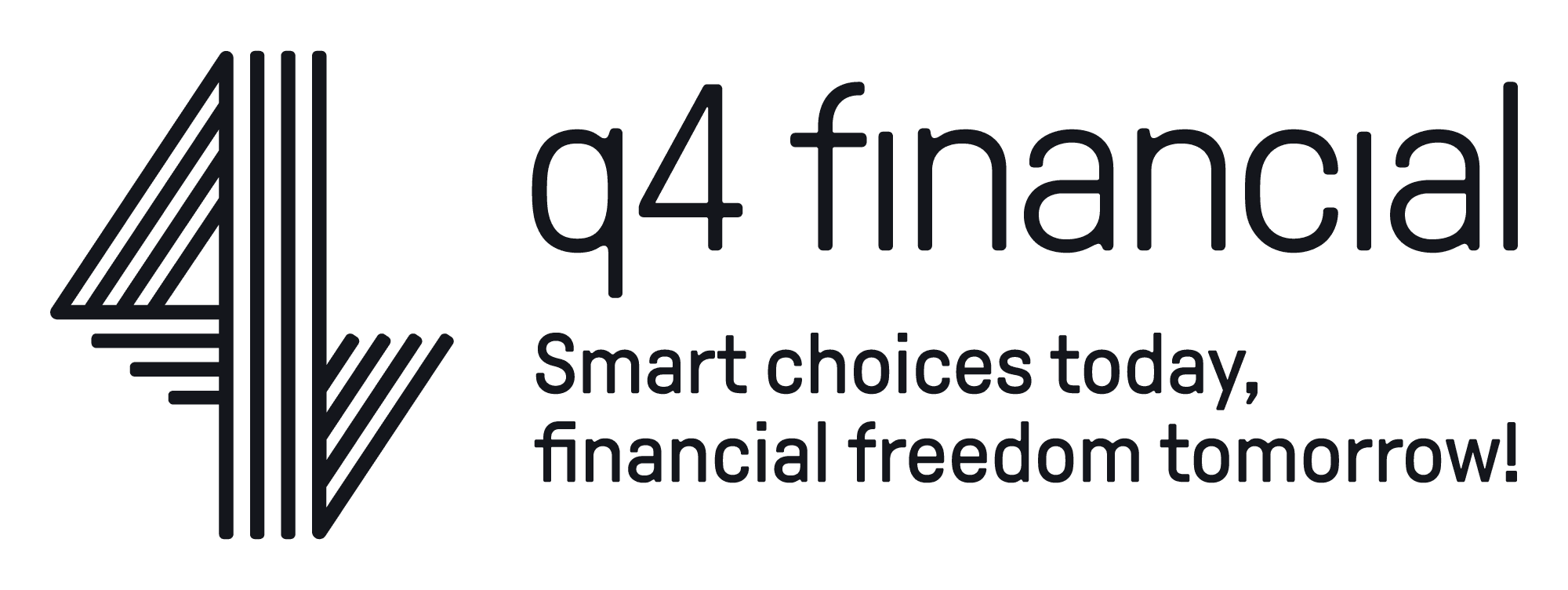In my experience, business success requires more than just hard work; it’s about applying your efforts in the most effective direction. As the saying goes: If you don’t know where you’re going, you’re unlikely to get there.
A well-prepared business budget enables you to set specific goals and then develop detailed strategies for achieving them. It’s a fundamental tool in business without which you won’t be able to set realistic financial targets or review your progress in achieving those targets.
Our advice is that you start the new financial year with the end in mind. This may sound strange, but it simply means being able to answer two important questions: “Where do I want my business to be this time next year?” and “What do I have to do to make that happen?” Your business budget can help you with these answers/
Sound budget planning requires three things: commitment, a structured approach, and a review process.
#1 Commit
For a business owner, budgeting is a core responsibility that you simply can’t do in your head or on the back of an envelope. From experience, we know when you invest a modest amount of time required to complete your budget accurately, it will repay you again and again with meaningful insights about the financial health of your business.
Without a budget, you are essentially flying blind when making day-to-day decisions, and you could end up missing your business targets and losing opportunities. As they say, if you fail to plan, you plan to fail.
Conversely, if you commit to creating a budget, all your questions around staffing, premises, production, financial systems and so on, can be thoughtfully considered with reference to accurate information. This is the process that allows you to monitor your progress towards your stated objectives.
Your business budget sets your revenue targets, monitors costs and aims to achieve a designated level of profitability. Your budget is the key to achieving your financial goals for the business and ultimately, and more importantly, your personal financial goals!
#2 Structure
When creating your business budget, you’ll need a particular structure:
- Select a format (or ask us to recommend one) for a ‘3-way budget’ that consists of projected profit & loss, cash flow and balance sheet. While invaluable for you as the business owner, a 3-way budget may also be useful for conversations with your bank.
- To start, you will need your most recent management accounts that outline your expenses and revenue.
- The next step is to use the actual numbers detailed in your management accounts to project your expected business expenses and revenue for the 12 months ahead on a month-by-month basis.
- Once completed, you will be able to assess your forecast. You can then determine if the result is suitable to you achieving what you previously answered, “Is this where I want my business to be at the end of the financial year.”
- If yes, great. You have a clear path forward to achieve your 12-month goal. If not, you will need to implement a change in relation to income or expenses to close the gap between likely and desired outcomes? Having this insight around your numbers allows better decisions sooner to increase your chances of achieving your end goal.
#3 Review
Regular review of your budget, which compares actual results with expected figures, provides clarity as to your progress towards your goals. Regular review will highlight, in a timely manner, where and when adjustments need to be made within the business so that you can continue towards achieving your targets.
While a well-structured budget is the key to achieving your financial goals over the course of a year, the reality is that your business and your business environment are dynamic. Your budget is not a ‘set and forget’ activity and will require altering at regular intervals to reflect fluctuations in revenue and expenses.
If you have a question about business budgeting (including how to maintain good management accounts) or require assistance with a business budget for the new financial year, please contact q4 on (07) 3171 4255.
The information contained in this article is general and is not intended to serve as advice. No warranty is given in relation to the accuracy or reliability of any information. Users should not act or fail to act based on the information contained herein. You are encouraged to contact q4 financial for advice concerning specific matters before making any decision.

